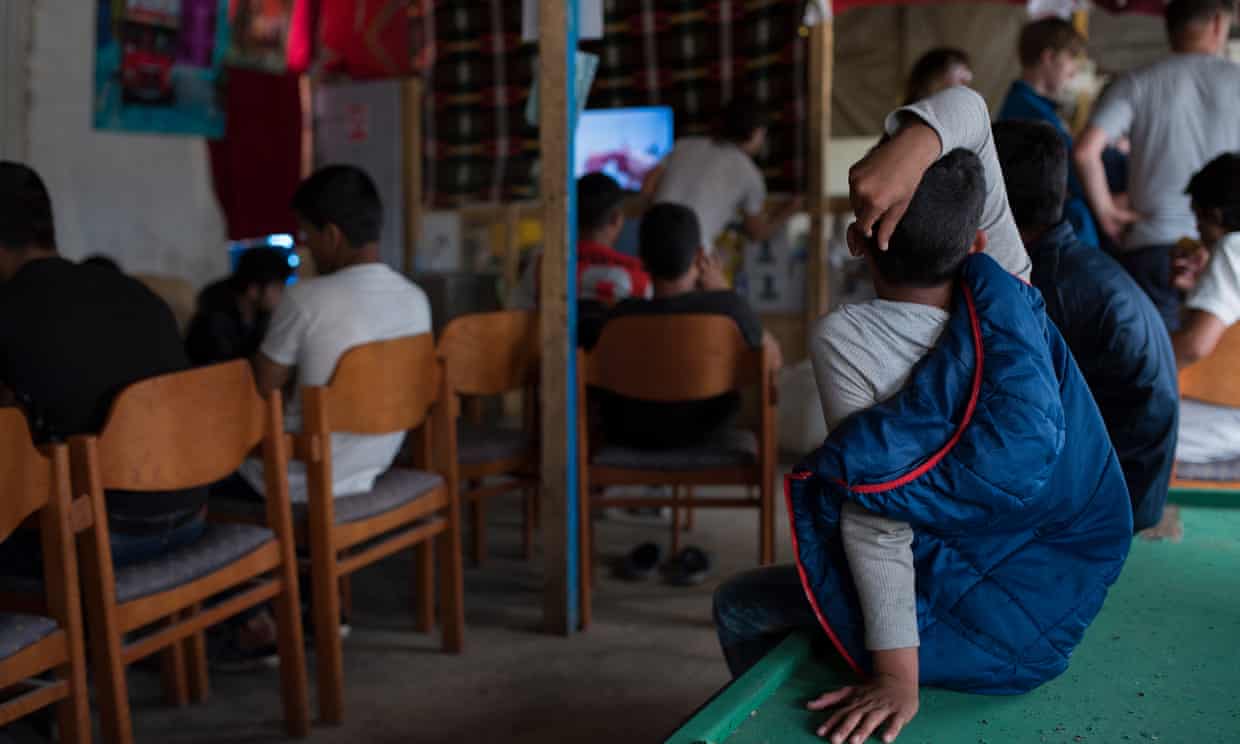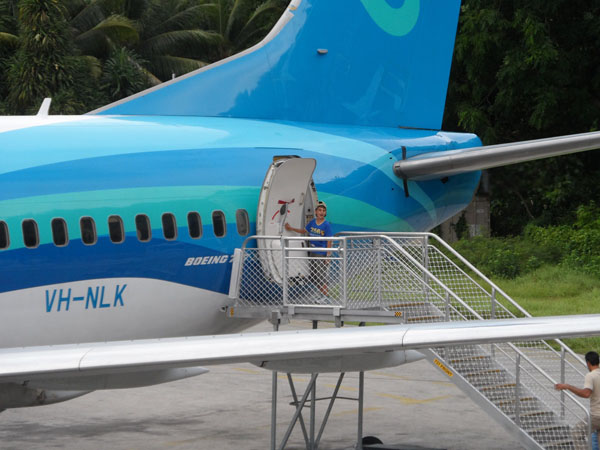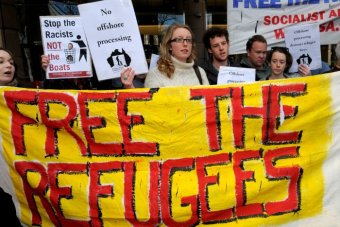
How old do you think I am?
On Monday, June 20, Sir Stephen Silber, Justice of the England and Wales High Court, decided that a child who applies for asylum deserves a modicum of justice. The story is fairly straightforward. The fact that there is a story at all is a national, and global, disgrace. An unaccompanied boy-child, called AA in the court proceedings, made it, alone, from Sudan to Italy. From Italy, he made it, alone, to the United Kingdom, where he applied, more like begged, for asylum. He said, rightly, that he was 16 or 17. The border official looked at him and decided he was well over 18. There was no other proceeding. That was it. A guy looks at another guy and decides he’s older. AA was sent to adult immigration detention, where he spent two weeks, first at Brook House and then Tinsley. Officially children can only be detained for 24 hours. The Refugee Council and a team of lawyers from Bhatia Best Solicitors worked for two weeks, and finally secured his release. He was then interviewed by a team of social workers and deemed to be a child. On Monday, Justice Silber ruled, first, that the Secretary of State for the Home Department had illegally detained AA and, second, must pay damages to AA for the two weeks of detention.
According to Stuart Luke, the head of public law and community care at Bhatia Best Solicitors, “Since 2013 when the Home Office introduced these rules about age assessment I have seen an increase in these cases. Today’s landmark judgment is very important because it protects the rights of unaccompanied asylum seeker children who come to the UK.” Refugee Council Policy Manager Judith Dennis added: “This judgment is extremely significant and sends a clear message to the Home Office that its current policy is both unlawful and indefensible. For too long the Government has been jeopardising the safety of children who it should be protecting. It’s clear that the stakes are far, far too high for children to be arbitrarily thrown behind bars with adults on the basis of guesswork. Instead of wasting public money fighting this ruling, the Government should instead ensure that everyone who claims to be a child receives a sensitive, timely, lawful and expert led age assessment.”
Home Office lawyers described the decision as “absurd.” The Home Office lawyers’ entire case was based on “absurdity.” They argued that taking childhood as an objective matter, meaning developing actual processes to determine an applicant’s age, would “lead to an absurd and anomalous outcome.” What is the basis of this absurdity and anomaly? Efficiency. In his decision, Justice Silber responded to this line of reasoning: “I have not overlooked any of the submissions of Mr McKendrick, and, in particular, his contention that the Claimant’s case is `profoundly troubling for the efficient running of a fair immigration system’. My task is not to ascertain what would lead to the most efficient running of a fair immigration system but to apply the established principles of construction.”
For the past three years, the Department of Home Affairs sacrificed children on the altar of efficiency. In so doing, they inverted and abused the story of the binding of Isaac: “God tested Abraham and said to him, `Abraham! And he said, `Here I am.’ He said, `Take your son, your only son Isaac, whom you love, and go to the land of Moriah, and offer him there as a burnt offering on one of the mountains of which I shall tell you.’”
Today’s parable goes like this: “And the State said to a nameless functionary, `Take their son, whom you despise, and go to the prison and offer him there as a burnt offering.’” Where efficiency subsumes justice and compassion, God is dead, and no one weeps.
(Photo Credit: The Guardian)





